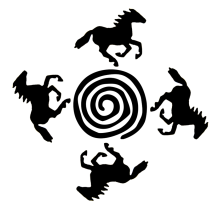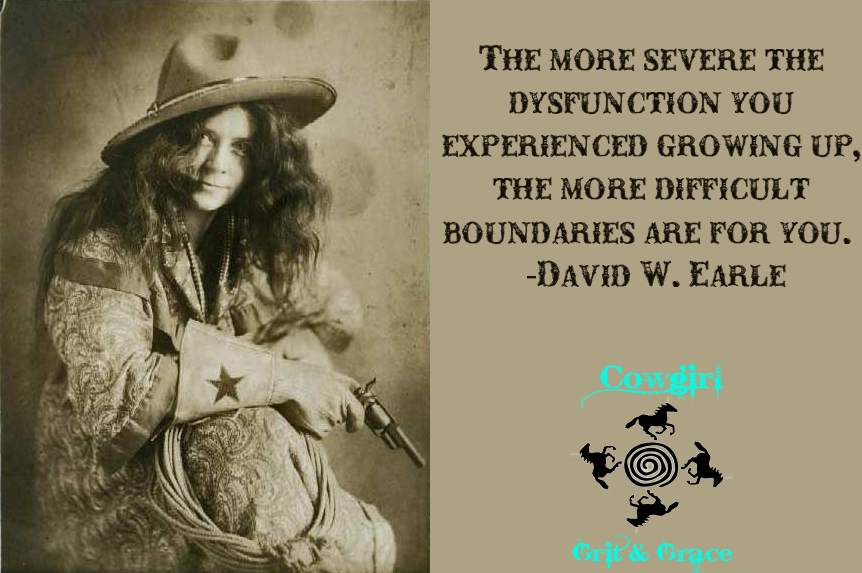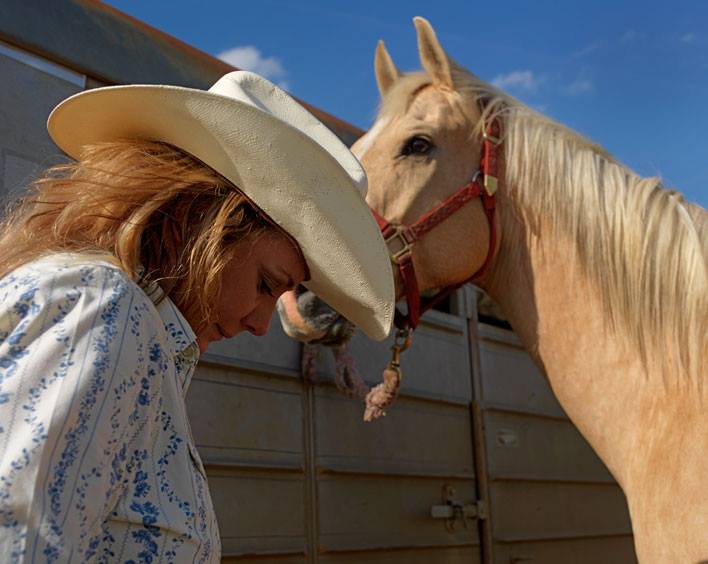The doormat is always accommodating, ever flexible and always nice. They are the self-sacrificing loser in most conflicts and usually the self-righteous victim. They often absorb and “carry” the feelings, opinions or behaviors of others, walking around on eggshells to avoid a conflict. They are often unaware that this is a boundary violation or that they are even doing so.
They can be highly reactive in response to whatever is going on around them demonstrating severe mood swings in this constant state of flux, and be easily distracted. Being unaware of their own boundaries, they are also unaware of others’.
They do not take being told no, constructive criticism or feedback without personalizing it and their self esteem suffering. By not standing up for themselves, they will often blame themselves for their own abuse.
If you spend your life sparing people’s feelings and feeding their vanity, you get so you can’t distinguish what should be respected in them.” ~ F. Scott Fitzgerald
They have a strong sense of entitlement and usually win most arguments, losing respect and intimacy in their relationships along the way. They can be very intrusive and manipulative, blaming the doormat for outcomes. They are often withdrawn and isolated in relationships.
They can also be inflexible and hang on to how things “have always been done.” Listen is not their strong suit and they are often impervious to feedback or anything outside of themselves.
These are the extremes, and relationships like this are dysfunctional and unhealthy and setting boundaries is the only positive response for your own self worth and esteem when encountering either of these individuals.
Ways in Which Our Boundaries Can Be ViolatedTime - One of the most common boundary violations is when others encroach on your time. This can include showing up late, or not at all, or someone who is making constant demands on your time without returning the favor.
Physical Boundaries - Each person has their own unique needs for personal body space as well as what is acceptable in regards to touch, this includes sex. Never have sex if you don’t want to. Last week we discussed how horses can help teach us to set boundaries. Horses only test our physical boundaries. Only humans can test the rest of these.
Emotional - Emotional boundaries are violated when we absorb others emotions and we don’t feel allowed to experience or express our own emotions. We all have the right to feel our feelings, no matter what they are, even if they hurt or disappoint another, or if another places guilt on you if you for not buy into their emotions.
While we have every right to our own emotions, we are always responsible for how we express them. Emotions are our natural reaction to life and not allowing them denies us the full experience of life itself. You should be able to ask for what you want and need. If you are not allowed to express certain emotions or only allowed to feel what someone else thinks you should feel, that is emotional abuse.
Emotional boundaries can also be violated by name calling, insults, hateful remarks, discrimination, intolerance, and prejudice. In no way do you have to tolerate being treated as inferior.
Mentally - You also have every right to hold your own opinions and express your own ideas. Someone who tries to tell you what to think, when, or how to think, is trying to brainwash you. You have a right to disagree. If it is not safe to express your options without fear for your safety, this is also abuse. This includes religious beliefs.
Privacy - You have a right to privacy, this includes a right to receive mail, emails and phone calls in private. Someone should not be snooping through your phone, iPad, or computer. If you can’t trust someone you shouldn’t be in a relationship with them. Even someone passing along personal information about you that was entrusted in them in confidence is a boundary violation.
Property - Your personal property is an extension of you, nobody else has a right to it without your permission.
Noise - Sound can be a boundary violation and quite intrusive, especially in public.
Relationships - We should not be blaming one another for having unhealthy boundaries. You cannot control the behavior of another and having healthy boundaries is not an excuse for making sure to point out where others fail. It is a way for you to take full responsibility for clearly and consistently maintaining your own boundaries.
I had the pleasure of spending this last weekend with my mom and aunt for Mother’s Day. At dinner Saturday night, my aunt said, “we have to take time to fill ourselves up, do what make our souls happy.” I realized this is another somewhat elusive boundary violation. As much as I do for those I love, it often feels more like an obligation, because I haven’t been able to keep my commitment to myself to allow myself time to “fill up.” I don’t want to love begrudgingly or half-heartedly. I want it to be authentic. But with constant and continuous demands, fatigue, and feeling overwhelmed, before I know it, I am resentfully doing something I promised. Sometimes this requires me to check in with my intuition regularly and much self-forgiveness.
It’s taken me years to realize that setting boundaries is the same as letting go of the outcome of a certain situation or relationship. I think this is what distinguishes between healthy boundaries and manipulative relationships. Healthy boundaries, once set, determine the outcome. Where as trying to control the outcome is a form of manipulation. There is great freedom in letting go of what is not ours to deal with.
Now it’s your turn. I have attached a boundary checklist for you. As always, we would love to hear what your thoughts are and if you found the boundary checklist useful. Stay tuned next week we will discuss what healthy boundaries are and how to reset your boundaries.
You may also be interested in reading:
| boundary_checklist.pdf |
Every woman that finally figured out her worth, has picked up her suitcases of pride and boarded a flight to freedom, which landed in the valley of change.” ~ Shannon L. Alder


